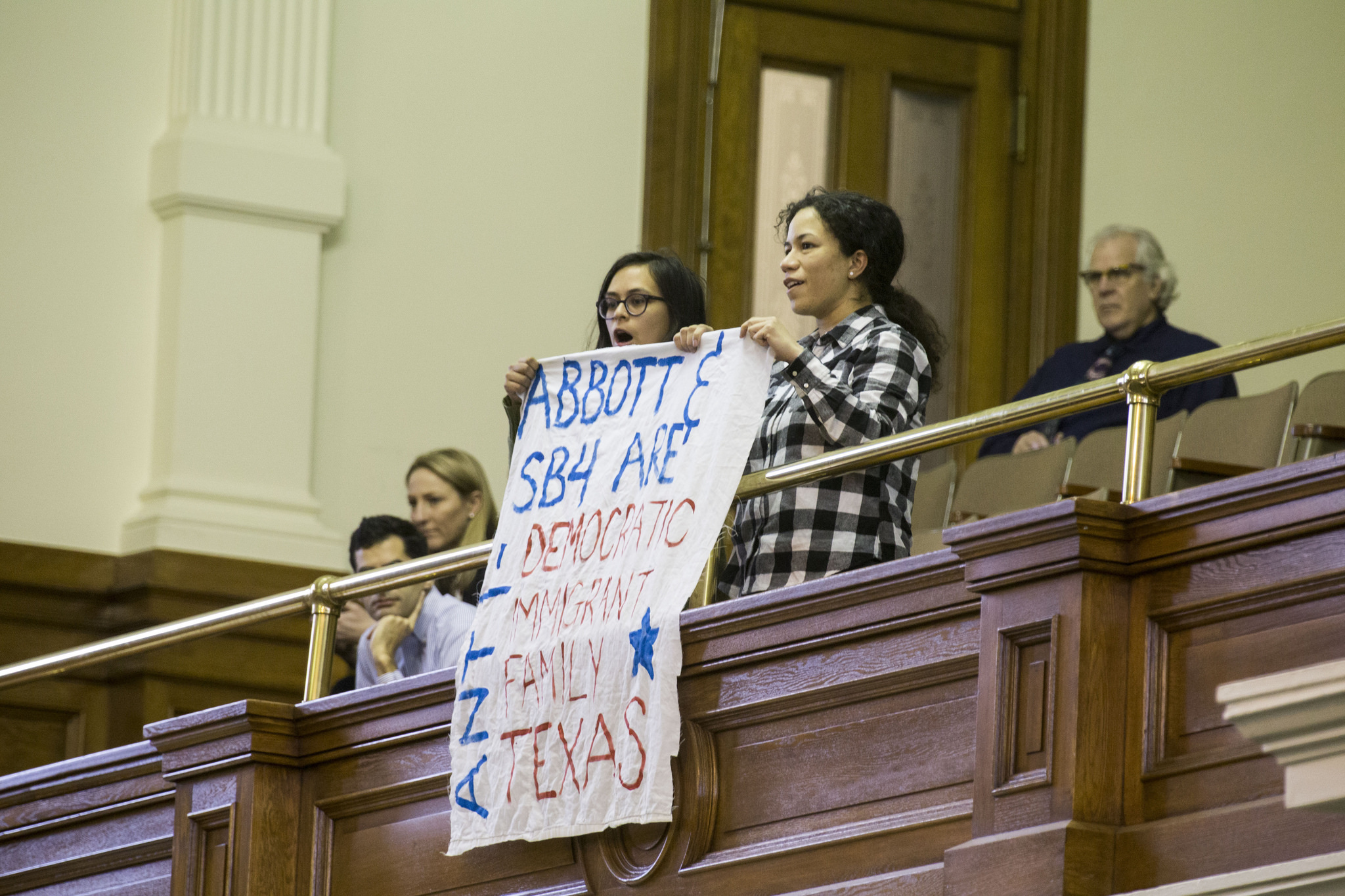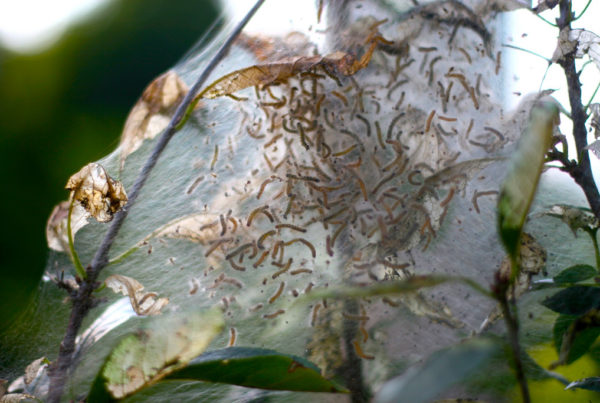The Standard’s news roundup gives you a quick hit of interesting, sometimes irreverent, and breaking news stories from all over the state.
A federal judge has thrown out Texas’ attempt to declare constitutional its new law banning so-called sanctuary cities.
Texas Attorney General Ken Paxton filed a lawsuit against Travis County, and other defendants, back in May, soon after Gov. Greg Abbott signed into law Senate Bill 4. It was an attempt to head off challenges to the controversial law.
But Wednesday, U.S. District Judge Sam Sparks dismissed the case.
A separate lawsuit, in which several Texas cities have sued the state to block SB 4, is pending in a federal court.
A couple of employees at a military medical facility in San Antonio have Legionnaires’ disease.
An outbreak of the disease in New York back in the summer of 2015 sickened over 100 people and resulted in at least 12 deaths.
Texas Public Radio’s Wendy Rigby has more on this Texas case:
The commander of Brooke Army Medical Center says 200 employees working in a building next to the military hospital at Fort Sam Houston in San Antonio were moved out of their workspace Wednesday. That’s because two of their co-workers were hospitalized and treated for confirmed cases of Legionnaires’ disease this summer, a bacterial infection that causes a severe form of pneumonia.
Here’s Brig. Gen. Jeff Johnson:
“We have completed initial testing of the water systems and all of those tests have come back negative so far. We have no information that anybody else has been exposed or is at risk.”
Anyone who has logged in to the temporary building where these employees work over the past 60 days will be contacted to see if they are experiencing any symptoms.
The illness is not spread person to person, but usually through a contaminated water source.
BAMC’s commander says even two or three cases of the potentially deadly infection are concerning.
(Brig. Gen. Jeff Johnson:)
“By the Centers for Disease Control definition, having two cases of legionella bacteria in the same year in a small area is considered a cluster or an outbreak.”
The number of people diagnosed with Legionnaires’ has been on the rise in the U.S.
According to the CDC since 2000, reported cases of the infection have quadrupled.
That was Wendy Rigby in San Antonio.
This year’s Atlantic hurricane season could be more active than expected.
In May, the National Oceanic and Atmospheric Administration predicted between 11 and 17 storms this season. Now, it has increased that estimate to between 14 and 19.
That’s partly based on the decreased chance of El Nino weather patterns.
Jeff Evans is the chief meteorologist with the National Weather Service in Houston. He says he doesn’t know how many of the storms could affect Houston, but the area should be ready just in case.
“If you’re near the coast, if you’re near the Gulf of Mexico, understand: Are you in a surge zone? You know, understanding where you’re going to evacuate to, and where you’re going to get those (emergency alert) messages from,” he says.
In a typical season, there would have been only three named storms by this time of year. But this year there have already been six.

















